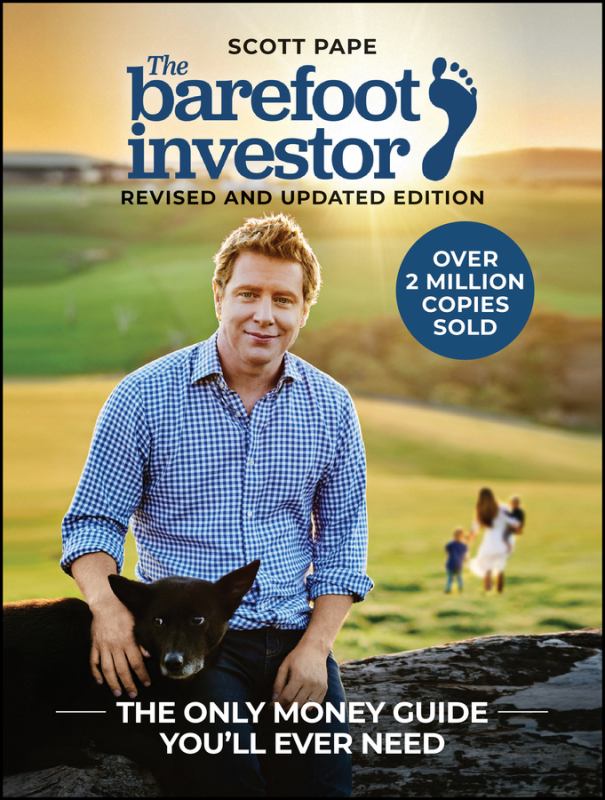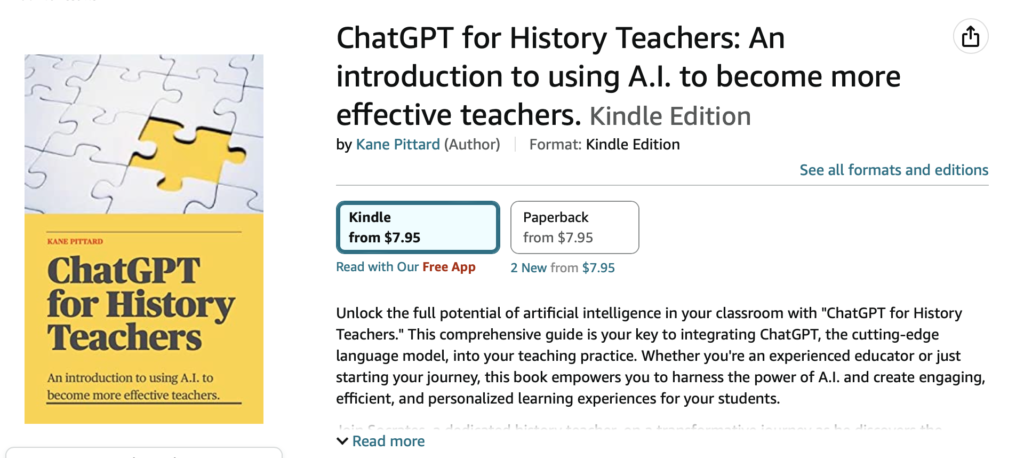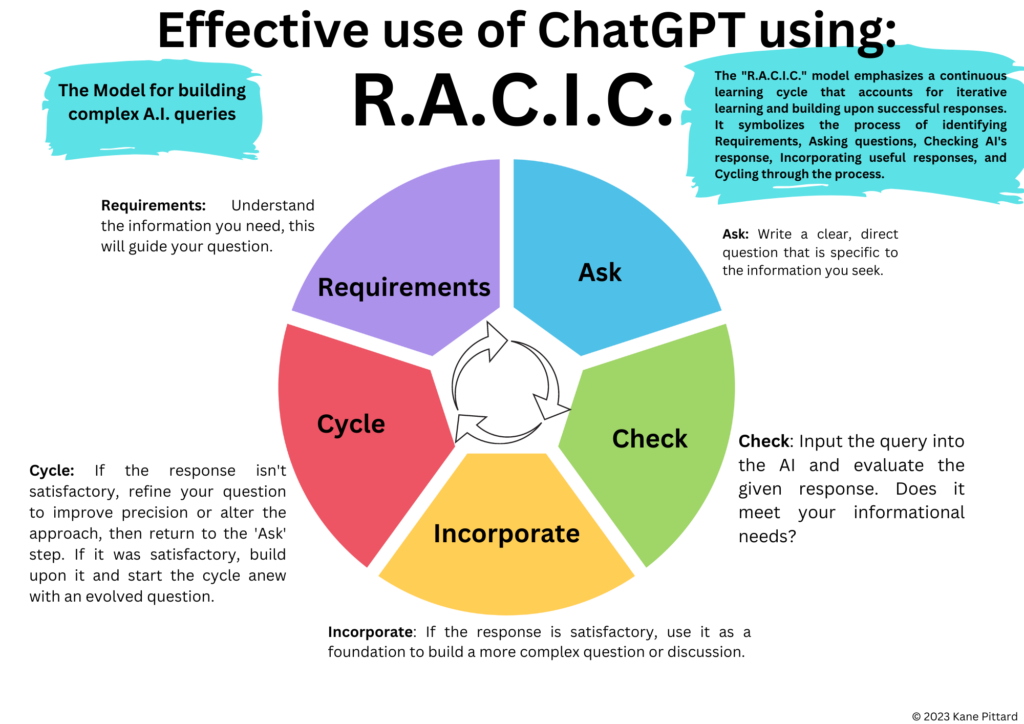
In a career finance education, students should focus on developing a strong foundation in financial concepts such as investment, budgeting, and financial analysis. They should also gain practical experience through internships or hands-on projects. Additionally, students should develop strong critical thinking and problem-solving skills, as well as the ability to communicate effectively with clients and colleagues. Understanding of how various financial products and markets work and how to use financial tools and technology would be important as well.
Personal finance education is an essential component of career education for students. Understanding the basics of personal finance, such as budgeting, saving, investing, and managing debt, is crucial for making informed financial decisions throughout one’s life. With the knowledge and skills acquired in personal finance education, students will be better equipped to navigate the financial challenges that come with adulthood, such as buying a house, saving for retirement, and planning for unexpected expenses. Furthermore, the ability to manage one’s personal finances is becoming increasingly important in today’s economy, as individuals are often responsible for their own financial well-being. Personal finance education empowers students to take control of their financial futures and make informed choices that will have a lasting impact on their lives.

There are two notable and effective approaches to personal finance. The USA based Dave Ramsey https://www.ramseysolutions.com and Australian Scott Page https://www.barefootinvestor.com , also known as the “Barefoot Investor,” are two popular personal finance experts who have gained a large following due to their unique approaches to managing money and getting out of debt. Both Ramsey and Page have written bestselling books and host popular podcasts and events, but their strategies for achieving financial success differ in several key ways.
One of the main differences between Ramsey and Page is their approach to debt. Ramsey is a strong advocate for the “debt snowball” method, which involves paying off the smallest debts first, regardless of interest rate. By doing so, Ramsey argues that individuals will quickly see progress and be motivated to continue paying off their debts. On the other hand, Page advocates for paying off the highest-interest debt first, as it will save the most money in the long run.

Another difference between the two is their approach to investing. Ramsey is a proponent of investing in mutual funds and other index funds, while Page suggests a more hands-off approach to investing, such as using a robo-advisor or investing in low-cost ETFs.
Despite these differences, both Ramsey and Page share some similarities in their approach to personal finance. Both emphasize the importance of creating a budget, living below one’s means, and saving for the future. Both also advise individuals to avoid lifestyle inflation and to make saving for retirement a priority.
One key similarity between the two is the importance of having an emergency fund. Ramsey and Page both recommend having at least three to six months’ worth of living expenses saved in a liquid account. This emergency fund serves as a safety net in case of unexpected expenses or job loss.
Another similarity is the importance of having a plan and sticking to it. Both Ramsey and Page emphasise the importance of creating a budget and sticking to it. They both suggest tracking every dollar that comes in and goes out, and adjusting the budget as needed. They also advise individuals to have a plan for their money, such as paying off debt or saving for a specific goal.
Dave Ramsey and Scott Page have different approaches to personal finance, they both share some similarities in their approach to managing money and getting out of debt. Both emphasise the importance of creating a budget, living below one’s means, and saving for the future. It’s important to note that what works for one person may not work for another. It’s important to research and understand the different approaches and then choose the one that best aligns with one’s financial goals and values.
How can we use their proven approaches to provide a strong financial basis for our students to help them avoid getting into financial difficulty.


